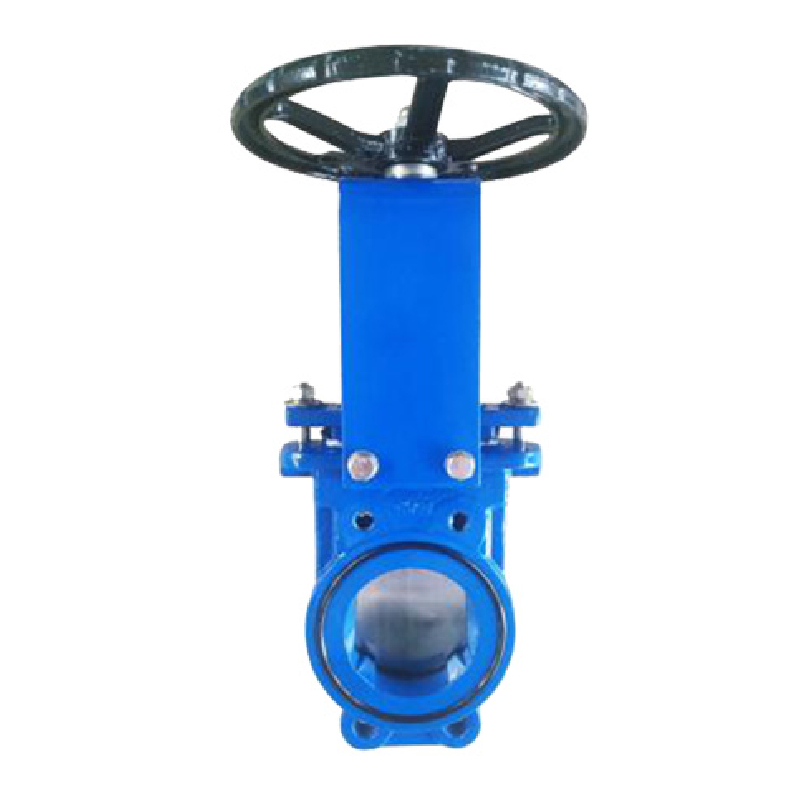11-р сар . 09, 2024 21:26 Back to list
Understanding the Function and Applications of Industrial Gate Valves in Various Industries
Industrial Gate Valve An Overview
Industrial gate valves are essential components in a wide range of piping systems, serving as reliable mechanisms for regulating the flow of liquids and gases. Specifically designed for on-off control, gate valves are one of the most commonly used types of valves in various industries, including oil and gas, water treatment, power generation, and chemical processing. This article provides an in-depth look at industrial gate valves, their design, functioning, applications, and advantages.
Design and Construction
Gate valves consist of several key components, including the body, gate, bonnet, and actuator. The body is often made from durable materials such as ductile iron, brass, or stainless steel, which can withstand high pressures and corrosive environments. The gate itself is a wedge-shaped disc that moves vertically within the valve to open or close the flow path. When the valve is fully open, the gate is completely removed from the flow stream, creating minimal resistance to fluid flow, which is a major advantage of this design.
The bonnet serves as the cover that holds the valve body and contains the actuator mechanism, which can be either manual (operated by a handwheel) or automated (operated by an electric or pneumatic actuator). Depending on the application, different types of seals can be employed to prevent leakage and ensure a tight shut-off when the valve is closed.
Functioning
The primary function of a gate valve is to provide a straight-line flow path with minimal obstruction, which means that when fully opened, the pressure drop across the valve is minimal. This feature makes gate valves particularly suitable for applications where the flow needs to be directed in a controlled manner. To operate the valve, the actuator raises or lowers the gate through a threaded stem. It is essential to note that gate valves are not designed for throttling purposes; they are engineered primarily for full open or closed positions.
Applications
industrial gate valve

Gate valves are found in numerous applications across various industrial sectors. In the oil and gas industry, they are used to control the flow of crude oil and natural gas through pipelines. Water treatment facilities utilize gate valves to regulate the distribution and treatment processes of water. In power plants, gate valves are critical for controlling steam and cooling water. Similarly, in chemical plants, these valves manage the flow of different chemicals, ensuring safe and efficient operations.
The versatility of gate valves allows them to be deployed in different systems, including those that operate under extreme conditions. Whether in high-temperature steam systems, cryogenic applications, or common cold water lines, gate valves find their place due to their durability and reliability.
Advantages
One of the significant advantages of industrial gate valves is their low flow resistance when fully opened. This characteristic is essential in systems where maintaining pressure is crucial. Additionally, gate valves can handle a wide range of pressures and temperatures, making them versatile for various industrial applications.
Another benefit is their simple design, which results in less wear and tear over time. Gate valves can remain in service for extended periods without the same level of maintenance that more complex valve types might require. Furthermore, the ability to achieve a tight seal when closed is crucial in preventing leaks, particularly in sensitive industrial applications where fluid loss can be costly or hazardous.
Conclusion
In summary, industrial gate valves are a vital component in many industrial systems, providing efficient, reliable, and safe flow control. Their durable design, capability to handle high pressures, and minimal flow resistance make them indispensable in a variety of applications. As industries evolve and seek more efficient and reliable solutions for fluid transport, the role of gate valves will continue to be significant, ensuring that they remain an integral part of modern industry infrastructure. With ongoing advancements in materials and technologies, the future of gate valves looks promising, poised to meet the increasing demands of the ever-evolving industrial landscape.
Share
-
Reliable Wafer Type Butterfly Valves for Every IndustryNewsJul.25,2025
-
Reliable Flow Control Begins with the Right Ball Check ValveNewsJul.25,2025
-
Precision Flow Control Starts with Quality ValvesNewsJul.25,2025
-
Industrial Flow Control ReliabilityNewsJul.25,2025
-
Engineered for Efficiency Gate Valves That Power Industrial PerformanceNewsJul.25,2025
-
Empowering Infrastructure Through Quality ManufacturingNewsJul.25,2025